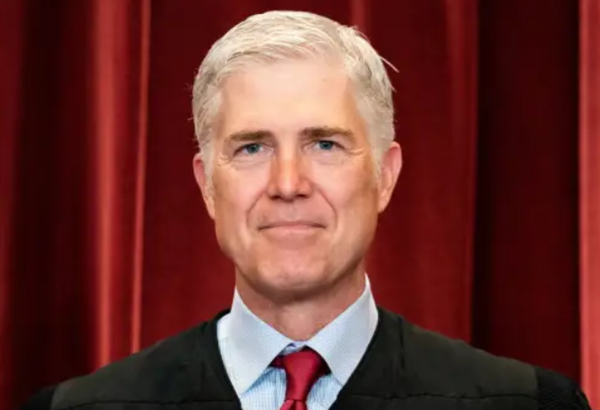
Sixth Circuit
ISPs Urge Court to Block FCC’s Net Neutrality Rules
'The FCC’s decision to treat the $150 billion broadband industry as a public utility is a question of vast economic and political significance," the ISPs said.
Founded in 1993, Charter Communications is the second-largest wireline broadband provider in the U.S., with $55.1 Billion in Annual Revenue as of 2024. They offer internet, video, voice, and mobile services to more than 32 million customers in 41 states.


Sixth Circuit
'The FCC’s decision to treat the $150 billion broadband industry as a public utility is a question of vast economic and political significance," the ISPs said.

DC Circuit
'The FCC is order is hereby temporarily stayed until August 5, 2024,' the court said.

FCC
Cities need the FCC to scrap the Mixed-Use Rule to collect fees on cable's broadband revenue.
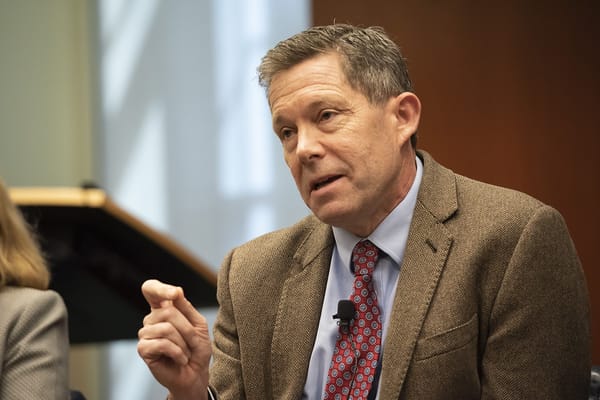
Sixth Circuit
Ahead of a stay ruling, Sixth Circuit asks for briefs on impact of the demise of the Chevron Doctrine.

FCC
The agency will vote July 18 on whether to seek comment on the move.
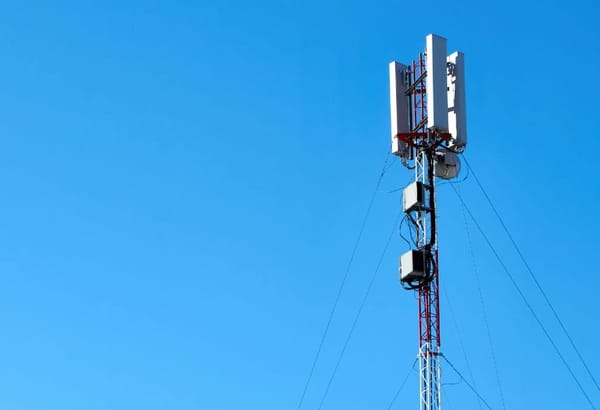
DISH
The four major providers will run out of fixed wireless capacity in 2029, the research firm predicted.
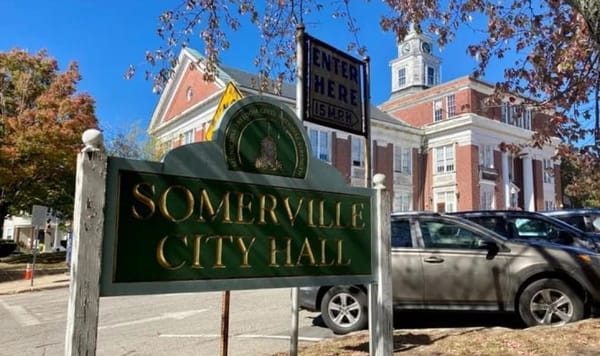
Community Broadband
Residents will soon have access to four tiers of broadband service.

Charter
ISP offers way to offset price increases through payment processing methods

FCC
Rules scheduled to go into effect next month will cause irreparable injury to their financial operations, ISPs said.
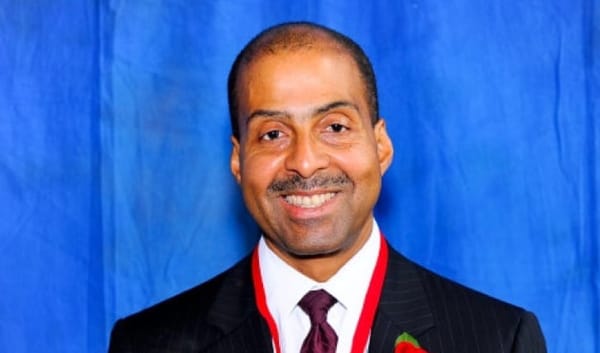
5G Wireless
AT&T claimed that the MVNO model limits ISPs scaling capability.

Charter
ISPs say limiting outage reports to hard downs ‘would ensure that the definition of a reportable outage is straightforward, consistent, and meaningful.’
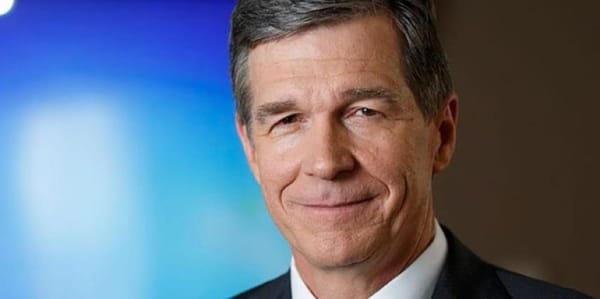
ISP
The investment will provide 100 Mbps symmetrical speed across 15 counties.
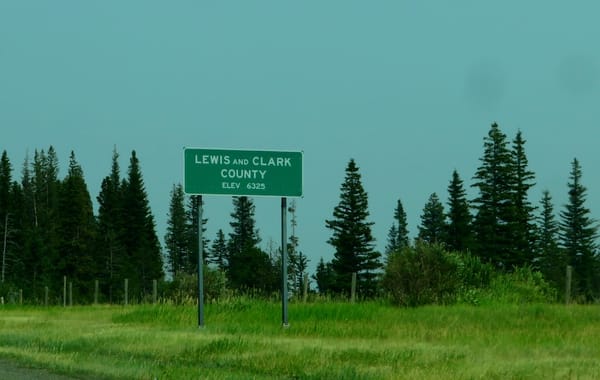
Rural
The company has asked the FCC to offload a total of more than 4,000 locations to local providers.
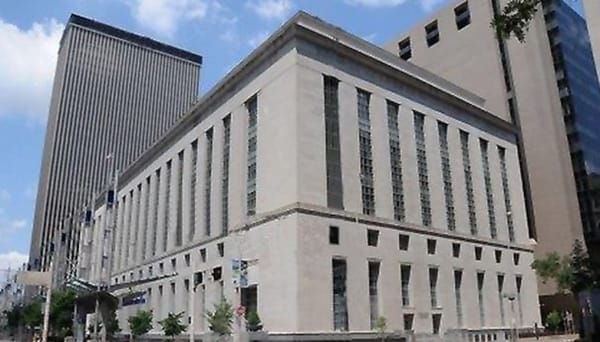
Sixth Circuit
'This Court should stay the FCC’s latest flip-flop pending judicial review. Petitioners are overwhelmingly likely to succeed on the merits.'

SpaceX
Tribal governments opted for their own networks or local providers.

Rural
The company surrenedered more locations in April